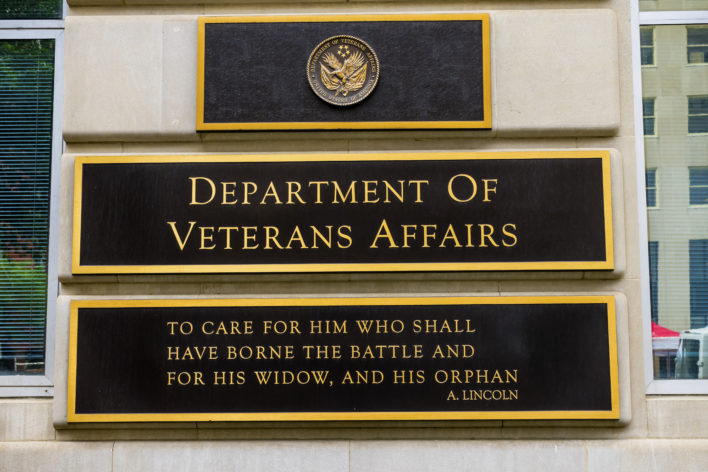How to Switch From Montgomery GI Bill to Post 9/11

From the Montgomery GI Bill to the Post 9/11 GI Bill
Have you considered moving from the Montgomery GI Bill to Post 911? It is not a complicated process, but there are some things you need to know beforehand.
From MGIB to Post 9/11
To select one benefit program over another, you can fill out the application for VA Education Benefits, or VA 22-1990.
Under Part II, or “Education Benefits Being Applied For,” you’ll see all the current GI Bill programs available. The first box is Chapter 33—Post 911 GI Bill, which you must select to begin the transfer.
In the same box, a statement indicates that, if you are eligible for more than one GI Bill program, you must read and understand the consequences of your choice.
The Cost of Switching the GI Bill to Post 9/11
Before submitting your VA 22-1990, you must acknowledge the following:
- You are not permitted to receive more than a total of 48 months of entitlements under two or more of the GI Bill programs.
- If you elect Chapter 33 (Post 911) instead of Chapter 30 (MGIB), the months of entitlement under Chapter 33 will be limited to the number of months of remaining entitlement under Chapter 30 on the effective date of your selection.
- You would not receive the MGIB “Kicker” under the Post 9/11 GI Bill unless you were eligible for the kicker when you applied, AND you relinquished that benefit for the Chapter 33 program.
- When you select the effective date of transfer on VA form 22-1990, you must understand that benefits for education and training under Chapter 33 are not payable before that date.
So, in a nutshell, you are terminating the MGIB and its benefits in exchange for the Post 911 GI Bill and its benefits.
See Also: 8 Tips for Using the GI Bill
Eligibility for Multiple GI Bill Programs
Every service member is entitled to at least one GI Bill program. However, some veterans are eligible for multiple programs. Those who serve on active duty for a few years and then transition to the reserves are eligible for benefits under Chapter 30/33 and the Montgomery GI Bill Selected Reserve (Chapter 1606).
Another example is an active duty service member who served before September 11, 2001. If their service continued after that date, they would be eligible for both the Chapter 30 and the Chapter 33 programs.
However, since the duration of education benefits is limited to 48 months, switching from one program to another will not extend your benefits. Additionally, you can only use one benefit program at a time.
Related: Post 9/11 GI Bill Guide for Spouses and Dependents
Reasons for Switching
Because there is a cap to the total amount of benefit a student veteran can receive, it may seem that all the GI Bill programs are mostly the same. This isn’t the case, as there are some very distinct differences.
One of the most significant benefits of the Post-9/11 GI Bill is that it grants the ability to transfer education benefits to a spouse or dependent child. This has been a game changer for many students who may never have been able to afford a college education.
Another significant benefit of the Post 911 program is that it also pays out a Basic Allowance for Housing (BAH) to the student, separate from the tuition payments sent directly to the school. These extra funds are designed to help pay for housing so students are not compelled to work each semester to pay rent. It grants a small financial relief that helps them focus on their training.
Montgomery GI Bill to Post 9/11
Regardless of your reasons for switching, the process is not complicated. Just fill out the VA 22-1990, and then apply online. The average time it takes for the VA to process your claim is 30 days.
RELATED:
- Best Colleges for Military Credit Transfer
- What I Wish I’d Known Before Transferring GI Bill Benefits to a Dependent
- GI Bill Payment Dates and Rates
About the author
Terry Howell is a retired Coast Guard veteran, where he served for 20 years.
He is currently the Executive Director for Veterans' Legacies, a non-profit that works to preserve veterans personal stories to help educate our youth.
Terry is also the author of The Military Advantage, an annually updated guide to military and veteran benefits.
